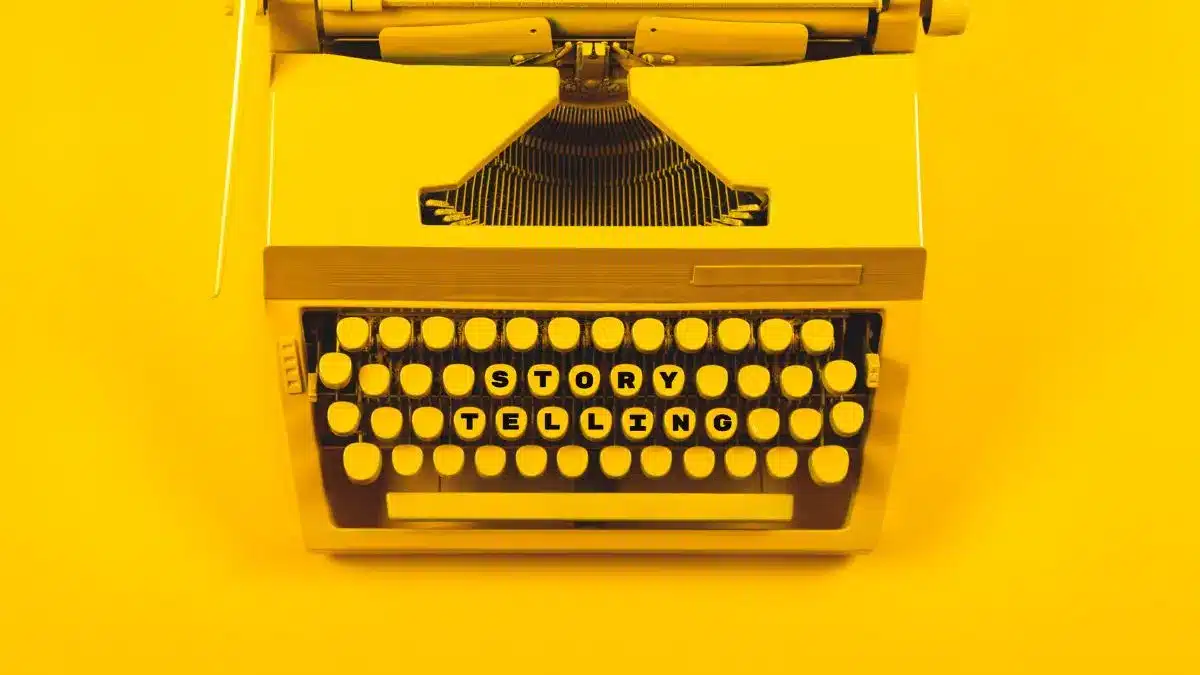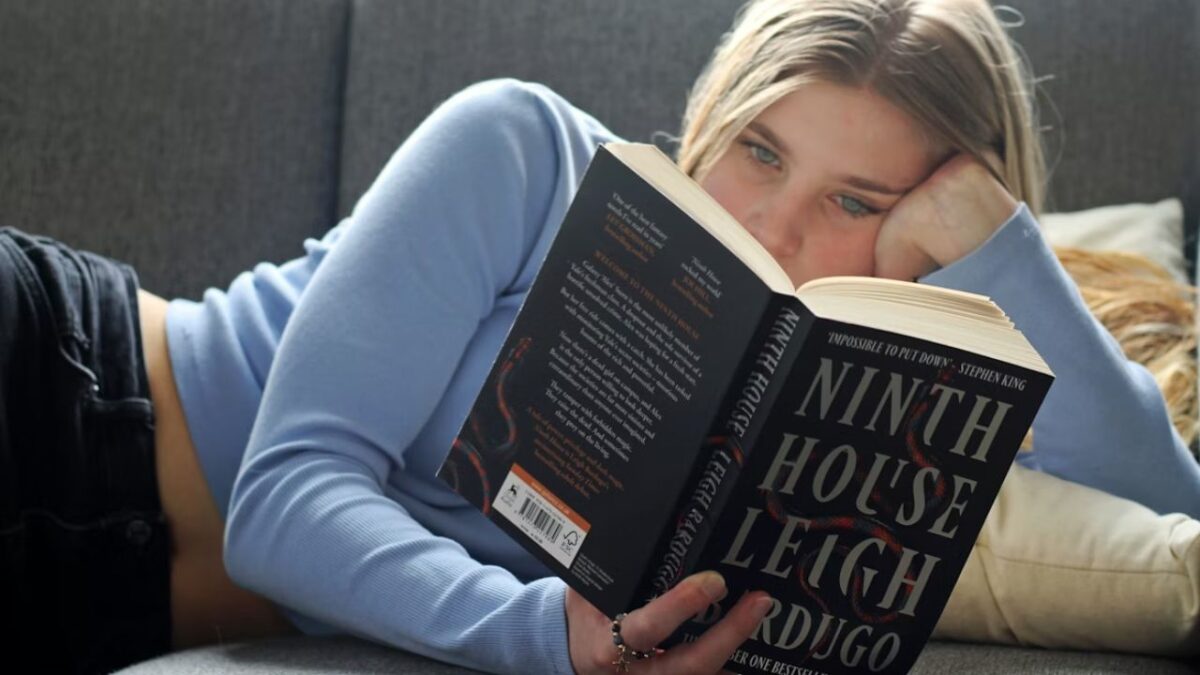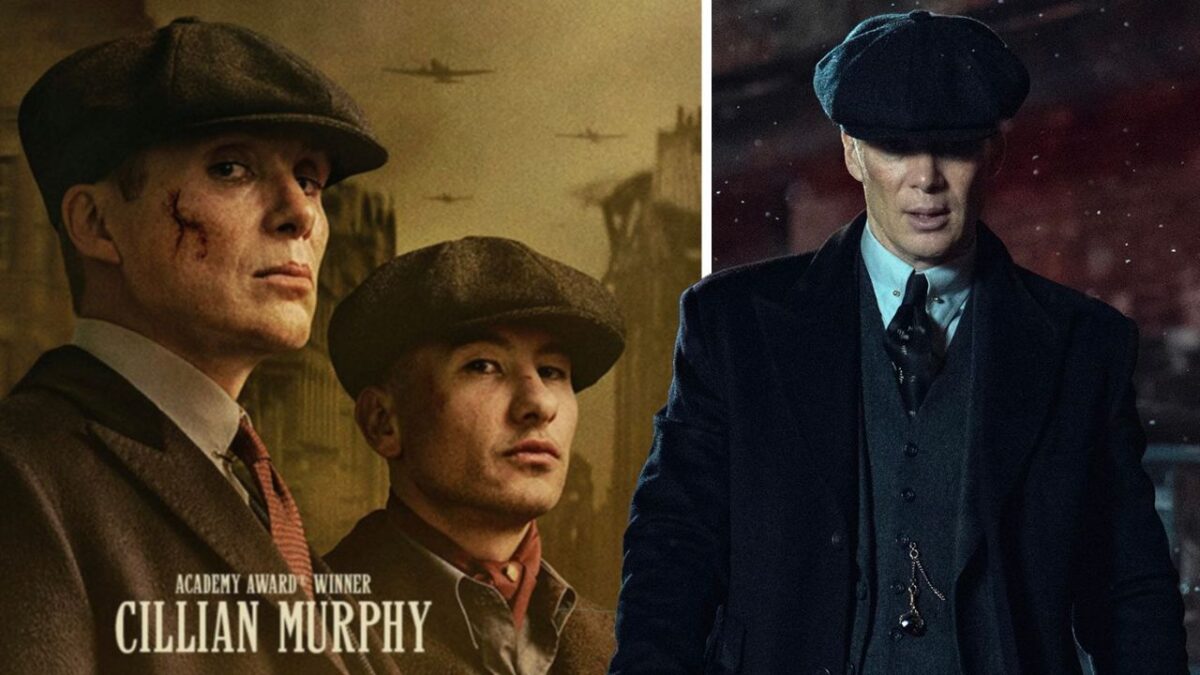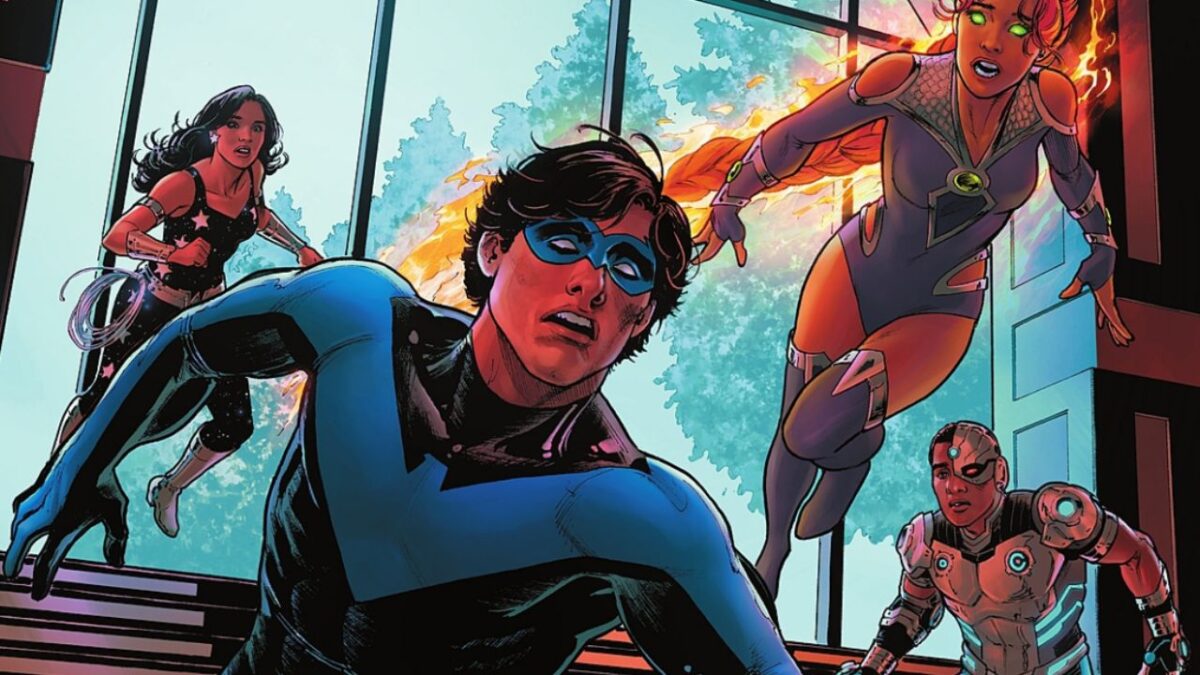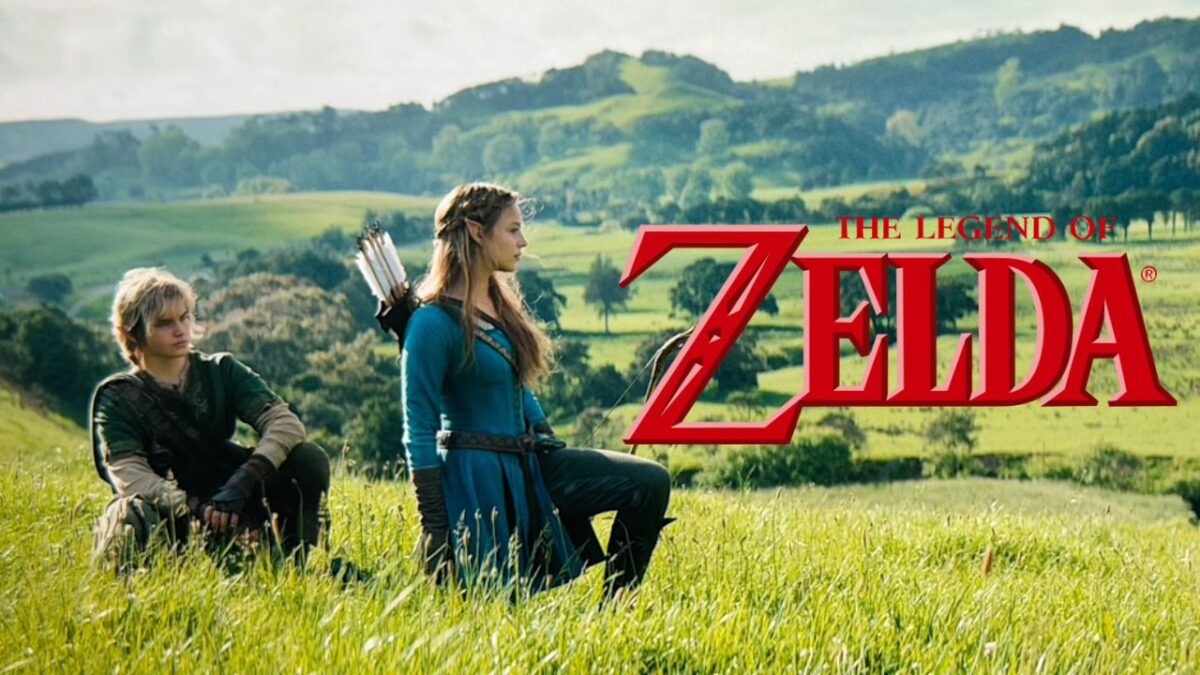Every story has a beginning and an end—but which one truly leaves its mark on the reader? Is it the very first line that hooks you in, or is it the jaw-dropping cliffhanger that haunts your thoughts long after you’ve closed the book? Both are vital storytelling tools, but they serve different purposes. In this post, we’ll dive into what makes opening lines and cliffhanger endings powerful, how they shape the reading experience, and ultimately, which one makes a story unforgettable.
Why Opening Lines Matter
An opening line is a story’s handshake. It sets the tone, introduces the voice, and invites readers into the world the author has crafted. A strong opening grabs your attention, raises questions, and urges you to read on. It’s a promise that what’s to come is worth your time.
Some Legendary Opening Lines:
- “It was the best of times, it was the worst of times…” – Charles Dickens, A Tale of Two Cities
- “Call me Ishmael.” – Herman Melville, Moby-Dick
- “The man in black fled across the desert, and the gunslinger followed.” – Stephen King, The Gunslinger
These lines spark curiosity. Who is Ishmael? What kind of time was both the best and the worst? Why is someone being chased across a desert? They’re immediate hooks.
The Role of Cliffhanger Endings
On the flip side, cliffhanger endings keep you thinking, speculating, and craving more. Whether it’s the end of a chapter, a season, or the final page of a book, cliffhangers leave readers teetering on the edge, desperate for resolution. They work especially well in serialized fiction, thrillers, and epic sagas.
Iconic Cliffhangers:
- “He turned the corner—and stopped dead.” – The end of a chapter in many thrillers.
- “To be continued…” – Every fan of TV shows or webtoons knows this all too well.
- Suzanne Collins ending Catching Fire with: “Katniss, there is no District 12.”—a line that sends chills and sets the stage for Mockingjay.
A great cliffhanger raises stakes and refuses to offer closure. It plays with reader emotions—curiosity, fear, excitement—and that emotional imprint often lingers longer than anything else.
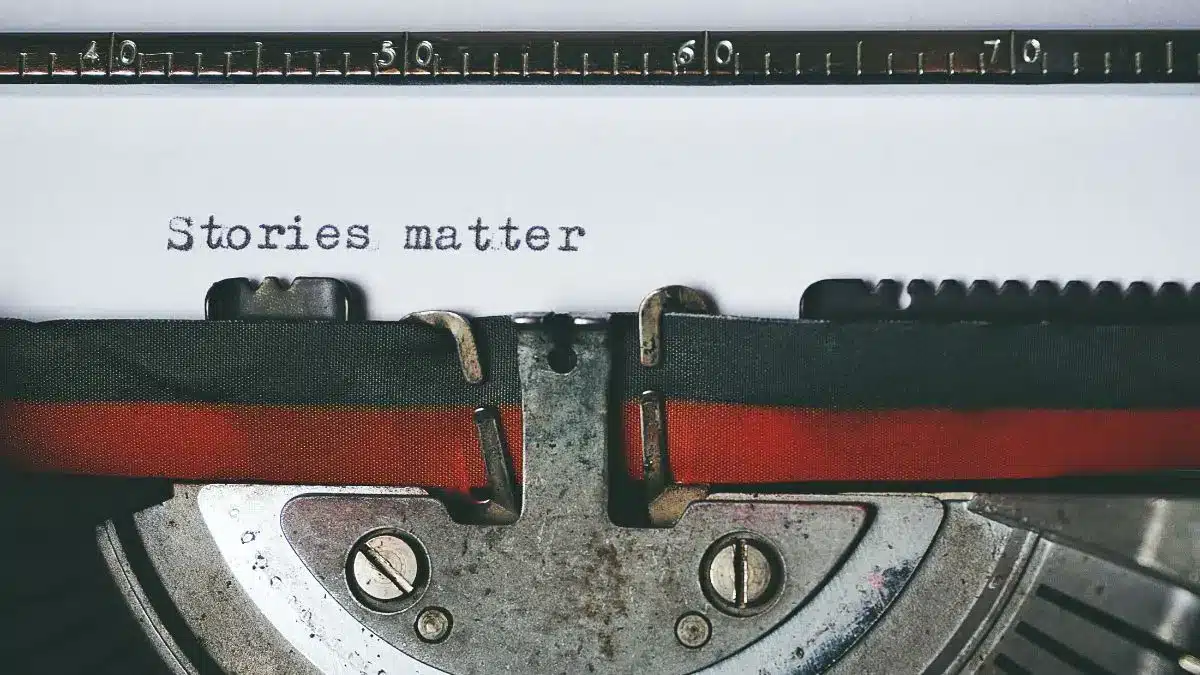
Opening Lines vs. Cliffhanger Endings: Head-to-Head
Let’s break it down with a comparison table:
| Element | Opening Lines | Cliffhanger Endings |
|---|---|---|
| Purpose | Grab attention and set the tone | Leave a lasting impression and build anticipation |
| Timing | First interaction with the story | Final interaction (per chapter/book) |
| Reader Impact | Immediate engagement | Lingering curiosity and emotional impact |
| Techniques Used | Intriguing statements, unique voice, compelling situations | Sudden revelations, unresolved tension, twist endings |
| Best For | Drawing in new readers | Retaining readers for the next chapter/part/sequel |
| Common in | All genres, especially literary fiction and memoirs | Thrillers, fantasy series, serialized fiction, TV dramas |
| Examples | “It was a bright cold day in April…” (1984) | “I am your father.” – The Empire Strikes Back |
| Emotional Effect | Curiosity, excitement, intrigue | Shock, frustration, hunger for more |
| Strengths | Immediate hook, style showcase | Creates buzz, builds anticipation |
| Weaknesses | May not sustain interest alone | Can feel manipulative if not resolved |
The Emotional Science Behind the Impact
Humans remember marvel-knights-punisher-2025-1-frank-castles-nightmare/”>Stories through emotions. What we feel during and after reading determines how much we recall. The primacy effect supports the power of opening lines—we often remember the first thing we encounter. However, the recency effect (we recall the last item better) backs cliffhangers.
A killer opening line can convince a bookstore browser to buy a book. But a cliffhanger? That’s what launches midnight fan theories, Reddit threads, and binge-reading sessions. Think of it like a relationship—the first impression matters, but it’s how you leave someone feeling that they never forget.
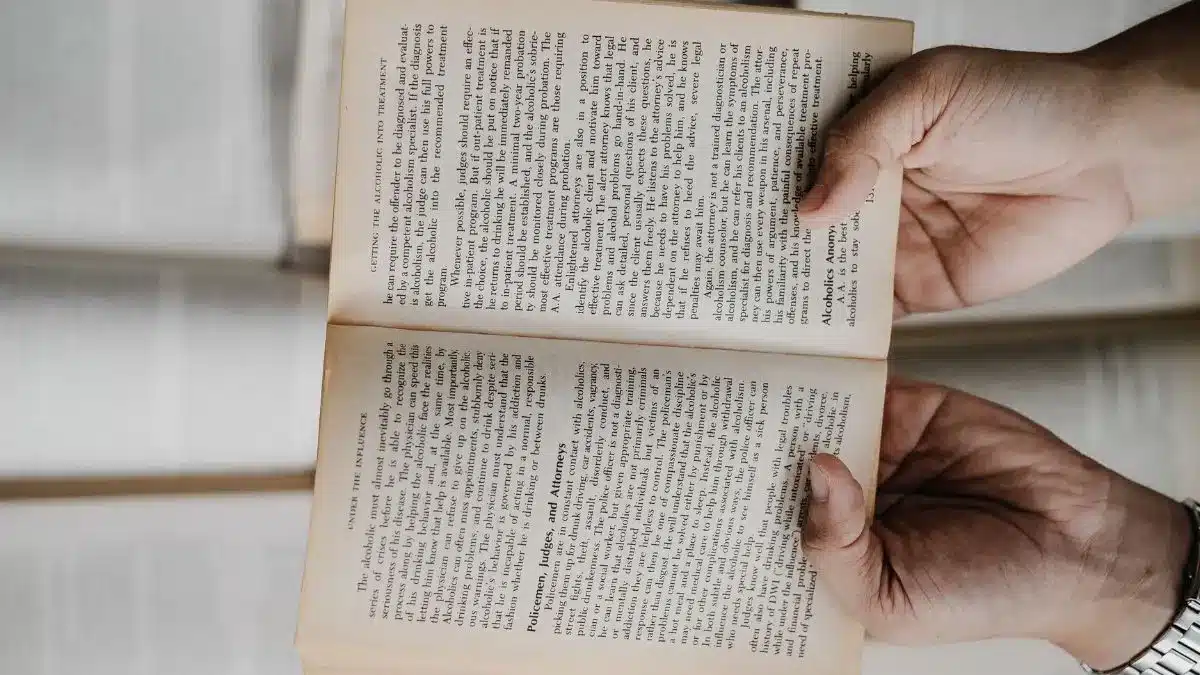
Examples Across Genres
Let’s see how different genres use both:
Thriller
- Opening Line: “The night they came for him, Lucas Davenport was just getting out of the shower.” – Rules of Prey by John Sandford
- Cliffhanger: Ending chapters with the killer stalking the protagonist or a sudden twist in evidence.
Fantasy
- Opening Line: “The palace still shook occasionally, as the mountain underneath it released its pent-up wrath.” – Brandon Sanderson, The Way of Kings
- Cliffhanger: Revealing a new villain or shocking character betrayal.
Romance
- Opening Line: “I remember the exact moment I fell in love with him.” – Classic romance hook
- Cliffhanger: A confession interrupted, a sudden breakup, or an unexpected letter.
Mystery
- Opening Line: “The body was found at dawn.” – Sets the stage for suspense.
- Cliffhanger: Just as the detective uncovers a clue, someone goes missing.
Why Not Both?
Great stories don’t choose—they master both. Think of Harry Potter and the Sorcerer’s Stone. The first line introduces mystery: “Mr. and Mrs. Dursley, of number four, Privet Drive, were proud to say that they were perfectly normal, thank you very much.” It’s whimsical, odd, and curious. And the ending? It leaves enough unresolved threads to keep readers reaching for the next book.
Authors like Dan Brown, J.K. Rowling, and George R.R. Martin build their stories brick by brick with sharp openings and devastating cliffhangers.
The Medium Matters
How the story is consumed also plays a role:
- Books: Need strong openings to pull readers in and cliffhangers to keep them turning pages.
- TV Shows: Almost every episode ends with a mini-cliffhanger. Streaming culture has magnified this effect.
- Web Novels/Webtoons: Live and die by the cliffhanger. It’s what brings readers back every week.
- Short Stories: Rely heavily on strong openings due to their limited length.
Final Verdict: Which Makes a Story Unforgettable?
Honestly? It depends on the story you’re telling.
If you want to hook readers instantly, a powerful opening line is your best friend. But if your goal is to haunt them long after the final sentence, then nothing beats a cliffhanger.
Yet, the stories we call “unforgettable” usually don’t compromise. They start with a bang and end with a punch. The ones that truly stick with us are those that begin with a question and end without giving all the answers.
Tips for Writers
Whether you’re working on a novel, short story, or screenplay, here’s how to use both tools effectively:
Writing a Great Opening Line:
- Start with action or conflict.
- Introduce your unique narrative voice.
- Pose a silent question that demands answers.
Writing a Memorable Cliffhanger:
- Use emotional stakes, not just plot twists.
- End with a character’s critical decision or realization.
- Hint at what’s to come without revealing too much.

In Conclusion
Opening lines are the invitation; cliffhangers are the goodbye kiss that lingers. Both are equally important, and when done right, they complement each other to form a storytelling experience that readers can’t shake off.
So, the next time you sit down to write—or read—ask yourself: Did the story invite me in with a whisper or a shout? And did it leave me aching for more?
That, ultimately, is what makes a story unforgettable.
Also Read: What Is Adapted Screenplays? Everything You Need to Know
